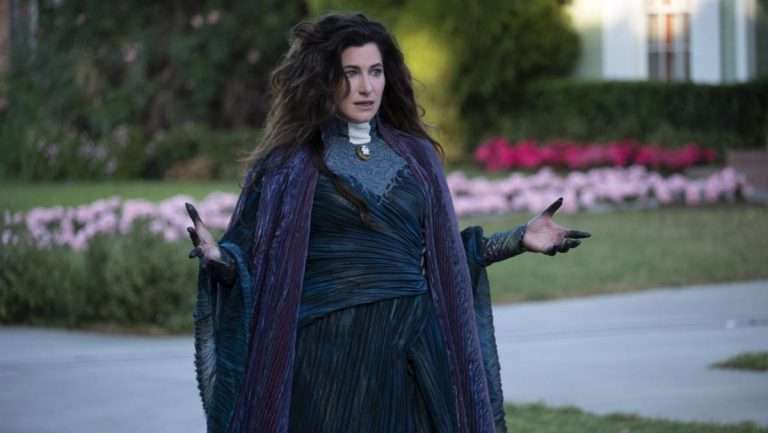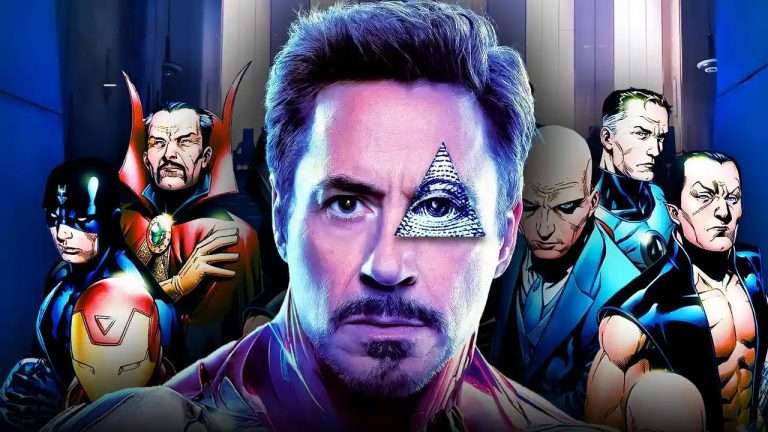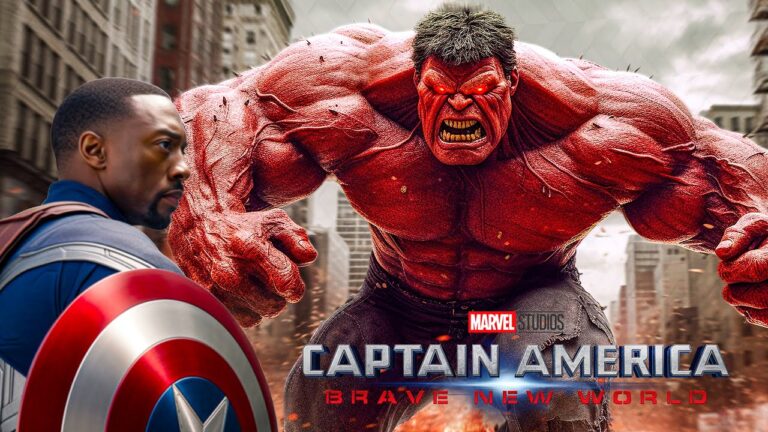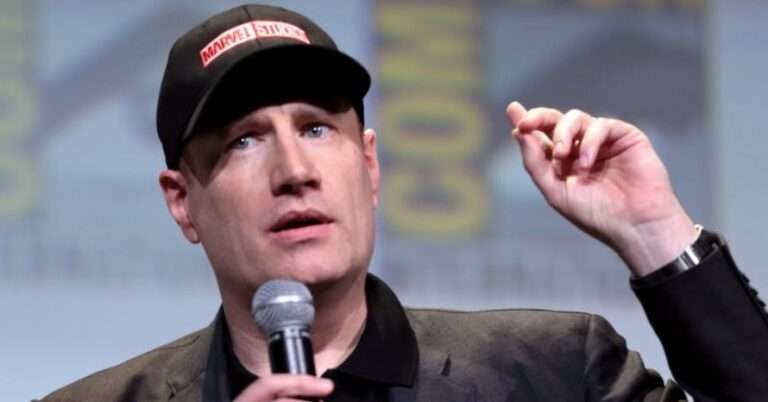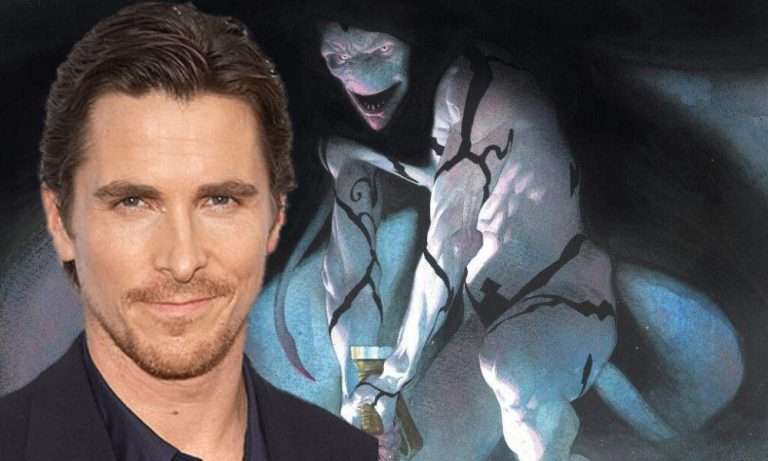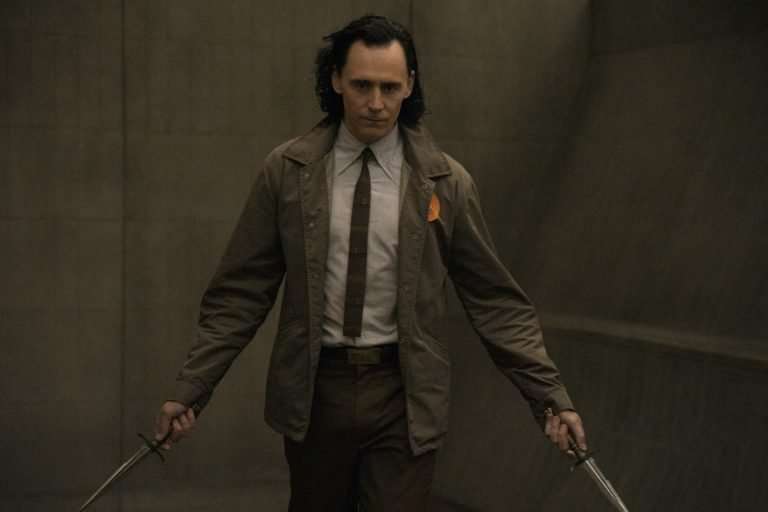Why Are Rights Of MCU Characters Up?
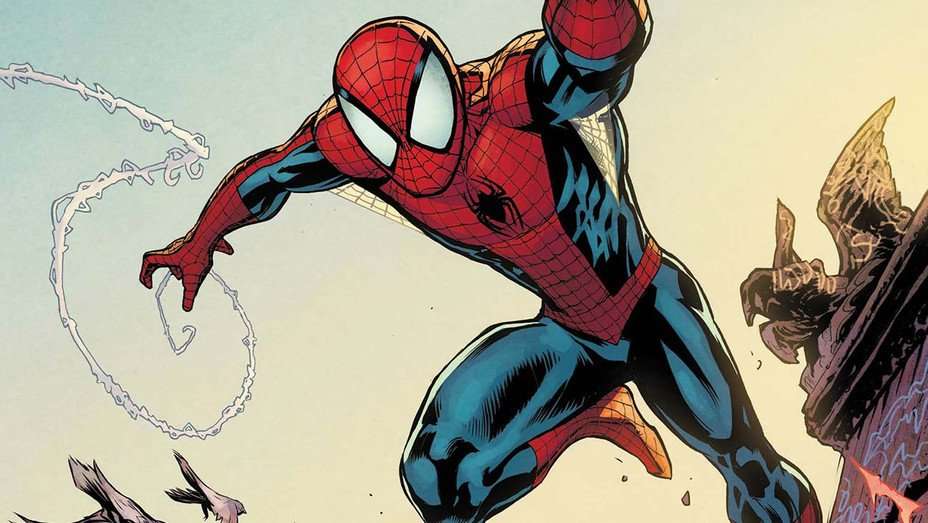
The inhabitants of the Marvel Cinematic Universe have survived Thanos, the Infinity Stones, and any number of potentially world-ending threats — but right now, the MCU is in danger from something a bit more mundane. Marvel and parent company Disney are getting mired in legal trouble regarding the copyrights to some of their most beloved characters.
Currently, a number of court battles are brewing that could have major ramifications for the MCU, while entangling the rights to favorite characters vital to Phase Four and beyond. Last month, the estate of comic book creator Steve Ditko, who created iconic characters such as Spider-Man and Doctor Strange, filed notices of copyright termination with regard to two characters (via ComicBook.com).
Patrick Ditko, the brother of Steve Ditko and the administrator of the estate, is basically filing to regain the rights that would allow the estate to “share in the later economic success of their works” pursuant to the Copyright Act of 1976. The notices, as posted by the U.S. Copyright Office, stipulate that rights for both characters revert back to the Ditko estate on June 2, 2023 for Spider-Man and June 9, 2023 for Doctor Strange.

Possibly in direct opposition to this and other termination notices as yet unpublicized, Disney opted today to file five separate lawsuits against the heirs of some late comic book icons, including Ditko, Stan Lee, Larry Lieber, Don Heck, and Gene Golan (via The Hollywood Reporter).
Read this: Spider Man No Way Home Movie Runtime Revealed
The suit says that Marvel characters are ineligible for the type of copyright termination Ditko is attempting, as they were created as “works for hire.” If Disney fails, the on-screen adventures of Iron Man, Ant-Man, Hawkeye, Black Widow, Falcon, and others might be affected.
The issue at hand explained
Under the Copyright Act, the heirs of the creators in question can reclaim rights granted to companies under a copyright after a statutory set amount of time. But the Copyright Act also explicitly states, “Note that grants made via a will or involving a work made for hire may not be terminated under these provisions.
Additionally, there is a limitation on termination where derivative works are concerned.” Ditko’s legal team will likely argue that the creations were made by Ditko, then licensed or sold to Marvel, rather than created as a work for hire.
In recent years, several creators and their estates have been able to successfully gain the rights back to their intellectual property using similar statutory tools. Wes Craven, for “A Nightmare on Elm Street,” became perhaps the most high-profile success in 2019 (via Bloody Disgusting).
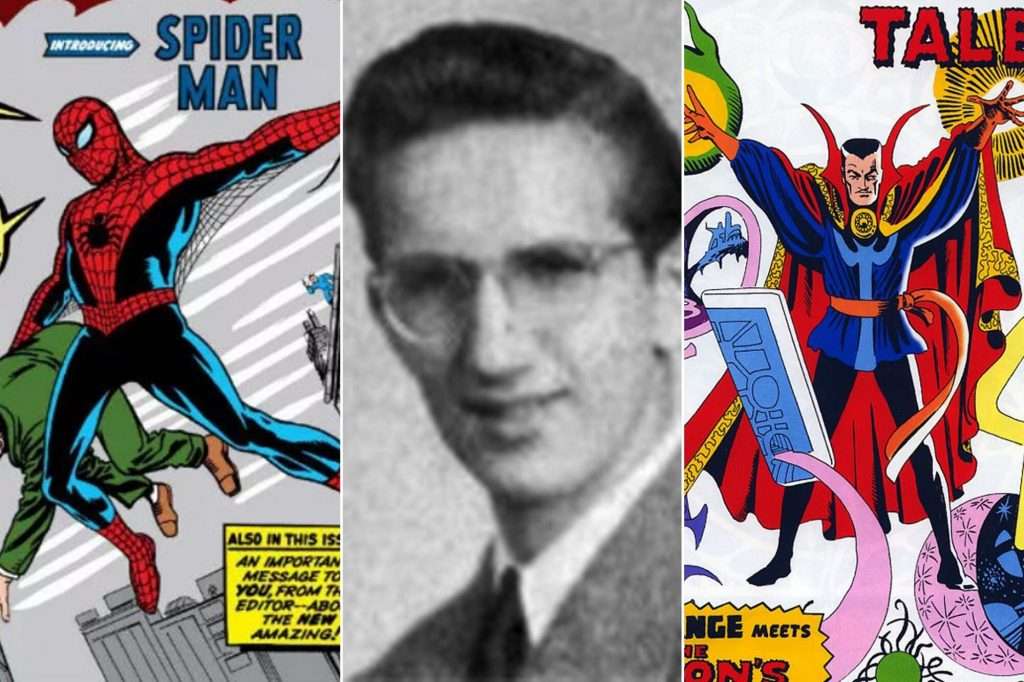
Victor Miller, author of the original “Friday the 13th,” got the rights to his script back, as well, but this triggered a succession of lawsuits about the ownership of the series rights that have resulted in a dearth of “Friday the 13th” films over the years.
Will Ditko and his Marvel cohort succeed in the same way? It’s not so simple. In 2013, DC won a long-running similar case in the 9th District Court of Appeals against Superman creators Jerry Siegel and Joe Schuster (via Deadline). Marc Toberoff, who represented Siegel and Schuster, is Ditko’s attorney.
Read this: Spider Man No Way Home Easter Egg On Tobey Maguire Spoil His Return
Marvel itself won a nearly identical case when Jack Kirby’s estate tried to end Marvel’s copyright to characters like Iron-Man, Spider-Man, and the Incredible Hulk. Marvel responded by suing Kirby’s estate in 2010 and then using the “work-for-hire” argument with a New York federal judge. It worked (via THR).
Steve Ditko: What might the effects of these lawsuits be?
The Kirby case was directly mentioned in Disney’s complaint against Lieber, who apparently filed several copyright termination notices between May and August of 2021. In the complaint, Disney states outright, “Lieber did not obtain any ownership interest in or to any contributions he made.”
The Hollywood Reporter believes Disney’s arguments will hinge on the “Marvel Method,” a loose and collaborative working method from the comic book company’s history in which ideas were discussed with artists and writers, who then worked out the details.
Read: Spider Man No Way Home And Frozen Is The Best Crossover Of The Year
Don’t worry: The consequences of this case, however it turns out, will be a touch less dramatic than the Thanos snap. Should Disney win, nothing will change. Should it lose, it might still hold onto the rights as co-owners, but would have to share profits with the creators and their estates. THR says that the termination provisions only apply in the U.S., so Disney could still make bank overseas.
Though there’s no guarantee that future courts will see matters the same way the New York district court ruled in the past, the principle of stare decisis suggests the creators’ heirs will have their work cut out for them engineering a favorable judgment. Disney and Marvel still hold most of the cards here.
It’s also very possible that the cases in question will get resolved by settlement, making the plaintiffs here all a bit richer at Disney’s expense, but allowing business to continue as usual in the MCU.

